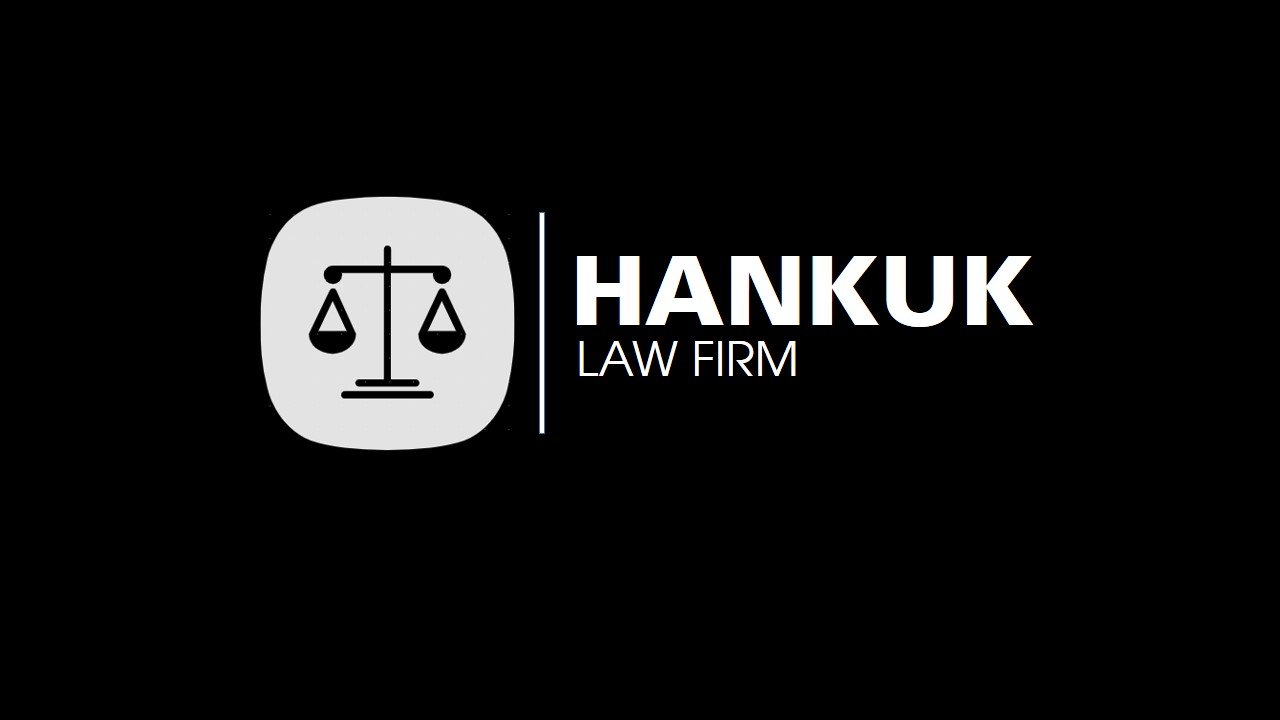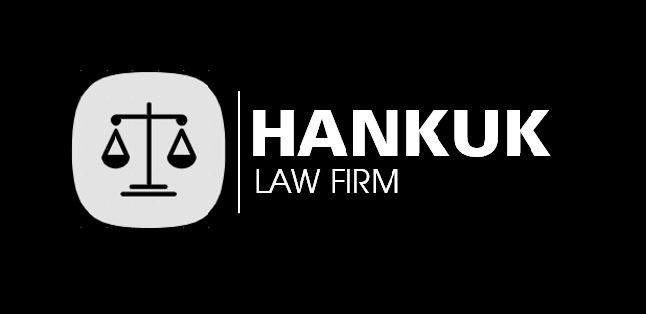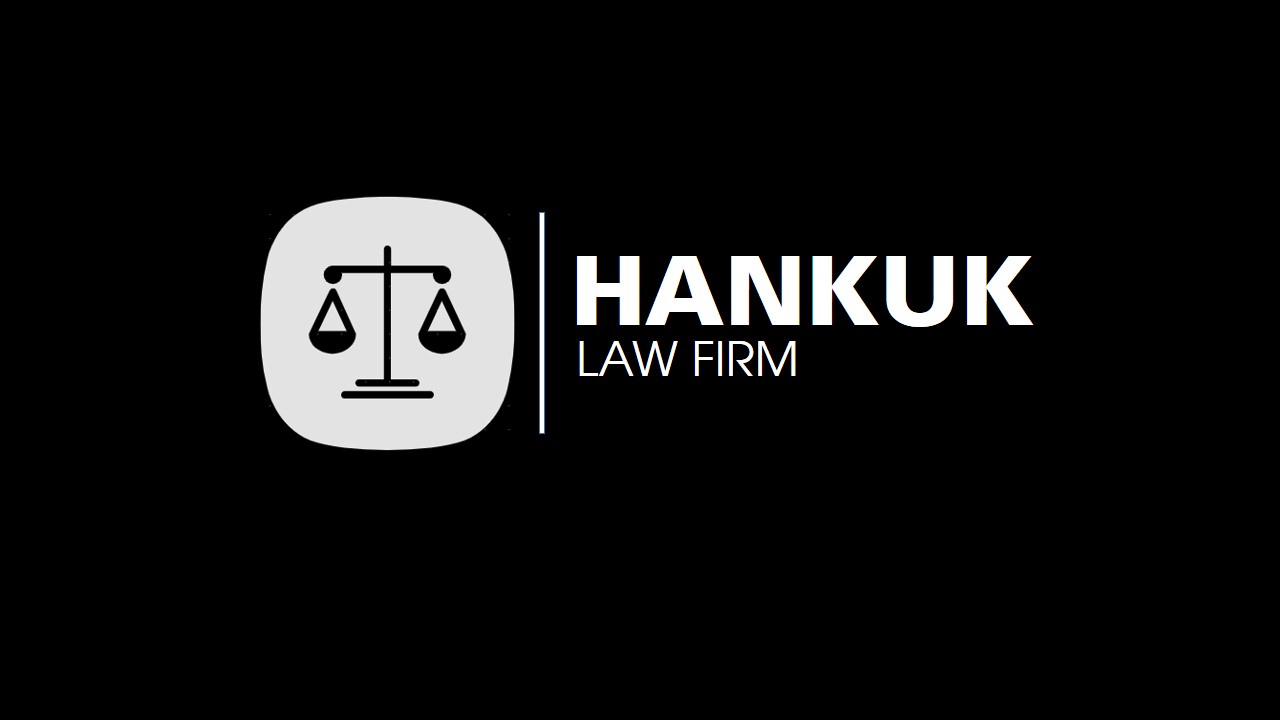REGULATIONS OF DIALOGUE AT WORKPLACE

In modern working environments, maintaining cooperation and transparent communication between employees and employers is crucial. The regulations on workplace dialogue, as outlined in the 2019 Labor Code, play an important role in ensuring harmony in labor relations and effectively addressing emerging issues. This article analyzes the regulations on workplace dialogue based on the 2019 Labor Code and clarifies how these regulations are applied in practice.
Contents
I. Overview of Workplace Dialogue

Workplace dialogue is an essential part of labor relations management. According to the 2019 Labor Code, conducting dialogue not only helps resolve internal issues but also creates opportunities for both parties—employees and employers—to express their views and seek common solutions. Effective dialogue helps maintain stable labor relations and prevents potential disputes. Information sharing, consultation, discussion, and exchanging views become workplace dialogues between employers and employees or employee representative organizations on issues related to the rights, interests, and concerns of both parties at the workplace, aiming to enhance understanding, cooperation, and joint efforts toward mutually beneficial solutions.
II. Legal Basis for Workplace Dialogue

1. Regulations on Workplace Dialogue in the 2019 Labor Code
The 2019 Labor Code provides detailed and specific regulations on workplace dialogue. According to Article 189, the rights and obligations of the parties in dialogue include the right of both employees and employers to request and participate in dialogue to resolve emerging issues. This emphasizes the importance of ensuring both parties’ participation in the dialogue process.
2. Workplace Dialogue Procedures
Article 190 stipulates that workplace dialogue can be conducted periodically or unexpectedly. Regular dialogues usually take place according to a plan and aim to review and assess labor relations issues. In contrast, unexpected dialogues are held when unforeseen issues arise or when requested by one of the parties. This regulation ensures that important and urgent matters are addressed promptly.
3. Content and Organization of Workplace Dialogue Meetings
According to Article 191, the process of organizing dialogues includes convening meetings, preparing content, and recording the minutes of the meetings. The meeting content must be recorded fully and accurately for reference and implementation by both parties. This regulation ensures transparency and accuracy in the dialogue process.
III. Organizing Workplace Dialogue

1. Preparation for Workplace Dialogue
Before organizing a workplace dialogue, both parties need thorough preparation. Identifying issues to be resolved, preparing relevant documents, and inviting participants are important steps in the preparation phase. Careful preparation helps the dialogue proceed smoothly and effectively.
2. Content of Workplace Dialogue The parties may choose one or more of the following topics to conduct workplace dialogue:
- The production and business situation of the employer;
- Implementation of labor contracts, collective labor agreements, labor regulations, and other agreements or commitments at the workplace;
- Working conditions;
- Employee or employee representative organization requests to the employer;
- Employer requests to employees or employee representative organizations;
- Other topics of interest to one or both parties.
3. Convening and Conducting Workplace Dialogue
The dialogue meeting must be convened at the time and place as previously announced to all relevant parties. During the meeting, the parties will exchange views, discuss, and seek solutions. The meeting minutes must be prepared and signed by all participants to ensure accuracy and transparency.
4. Conclusion and Implementation of Workplace Dialogue Measures
After the workplace dialogue concludes, the agreed-upon measures must be implemented as committed. Both parties should also monitor and evaluate the progress to ensure the issues are effectively resolved.
IV. Roles of the Parties in Workplace Dialogue

1. Role of Employees in Workplace Dialogue
Employees have the right to participate in workplace dialogue and contribute their opinions to resolve emerging issues. They need to provide accurate information and cooperate in implementing the agreements reached. The role of employees is crucial in ensuring that issues are resolved fairly and reasonably.
2. Role of Employers in Workplace Dialogue
Employers are responsible for facilitating workplace dialogue, listening to employees’ opinions, and making reasonable decisions. They must implement the agreements reached during the dialogue and ensure that a positive working environment is maintained.
V. Benefits of Workplace Dialogue

1. Effectively Resolving Disputes in Workplace Dialogue
One of the key benefits of workplace dialogue is its ability to effectively resolve disputes. Discussions and exchanges of views help the parties better understand the issues and find common solutions.
2. Strengthening Cooperation Through Workplace Dialogue
Regular and transparent workplace dialogue enhances cooperation between employees and employers. This creates a positive workplace environment and contributes to the sustainable development of the business.
3. Preventing Conflicts in Workplace Dialogue
Periodic workplace dialogues help prevent potential conflicts and disputes. The parties can review issues and adjust labor policies in a timely manner to avoid serious problems.
VI. About Us, Hankuk Law Firm

■ Hankuk Law Firm – Introduction
The goal of the legal services provided by HANKUK LAW FIRM is to support businesses, investors, and people. Our organization employs skilled Korean lawyers, partners, and professionals to provide legal services to businesses related to corporations and litigation.
To support the startup process, our lawyers and staff provide a wide range of services, including business law consulting, tax and immigration law consulting, real estate services, business consulting, marketing and communications, human resources, product distribution, franchise options, etc. We provide expert advice on every aspect of your business needs.
To protect the legitimate rights and interests of our clients and achieve the best results, we provide legal advice and participate in civil lawsuits related to business, labor, marriage, family, and inheritance.
■ Contact us now

For reliable and effective legal advice, please contact HANKUK LAW FIRM now. We are committed to providing you with the best possible answers and our team of experienced lawyers has extensive knowledge in many legal fields. We are always here to provide the most competent and dedicated support, whether you are dealing with contractual issues, commercial disputes or need guidance on foreign investment. HANKUK LAW FIRM is honored to have assisted hundreds of domestic and international clients in skillfully resolving complex legal issues as their trusted legal partner. Do not let legal issues hinder your success. Let us accompany you towards legal achievement and comfort. For prompt guidance and support to ensure your rights are always maintained at the highest standards, contact HANKUK LAW FIRM now.
■ Contact Hankuk Law Firm:
| Website: http://hankuklawfirm.com/en/
FB: https://www.facebook.com/hankuk.lawfirm Tiktok: https://www.tiktok.com/@hankuklawfirm Youtube: https://www.youtube.com/@hankuklawfirm6375 Email: info@hankuklawfirm.com SĐT: 0942.339.063 |
 |

